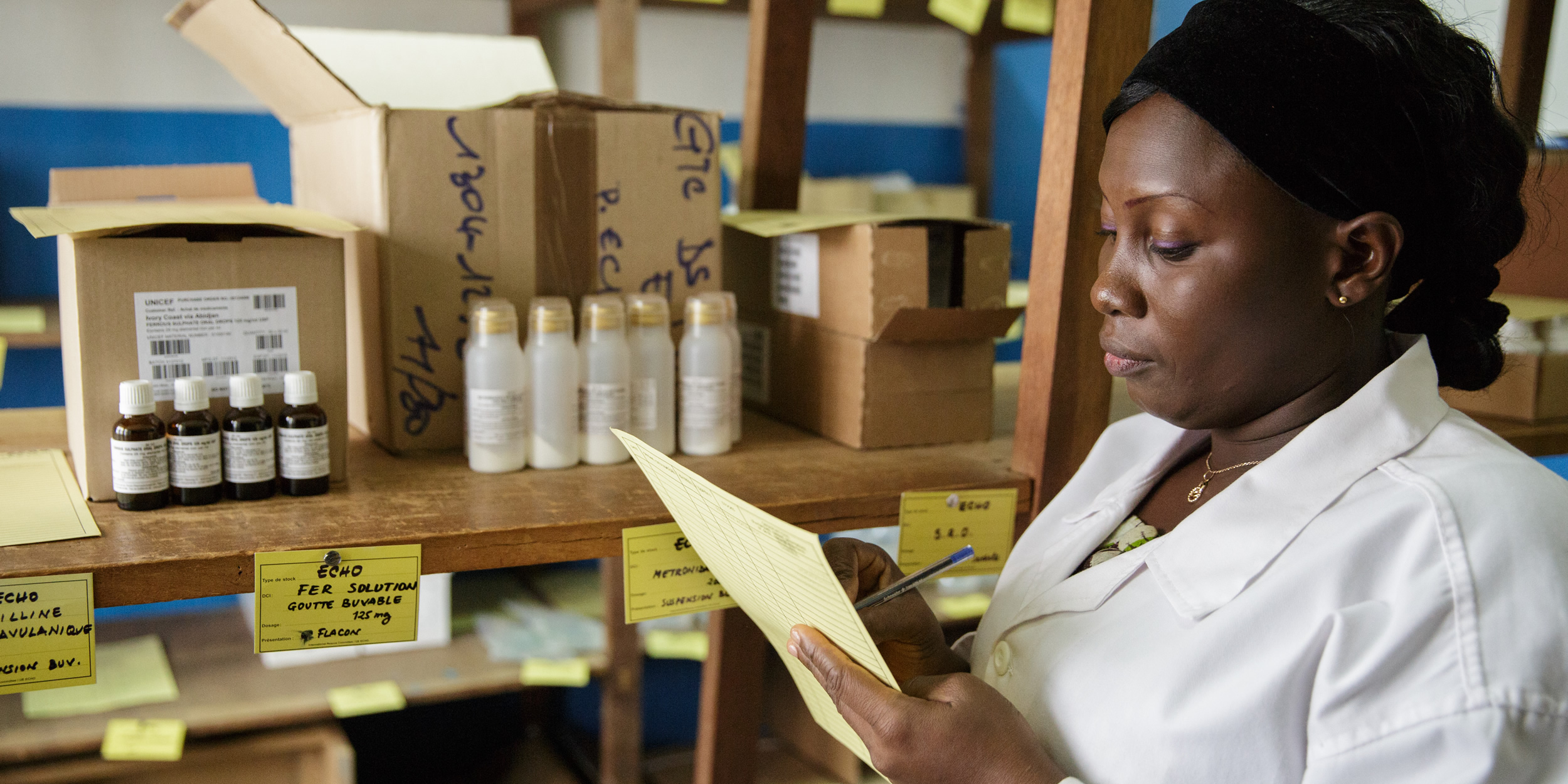“Supply chains are often limited in meeting the demands of populations owing to a lack of focus on soft skills. But this is where STEP 2.0 comes in: it’s a unique programme to respond to this skills gap.”
This was the point of view of People that Deliver (PtD)’s Dominique Zwinkels as she presented STEP 2.0 – a leadership development programme designed to strengthen health supply chains – on day two of the Global Health Supply Chain Summit in Nairobi.
She was joined on stage by Bridget McHenry from USAID, Alexis Strader from Johnson & Johnson and Christopher Goetz from the International Federation of Pharmaceutical Wholesalers (IFPW) to discuss the programme, which is the fruit of four donor organisations: Gavi, the Vaccine Alliance, the Global Fund to Fight AIDS, Tuberculosis and Malaria, USAID and IFPW.
STEP 2.0 responds to a need for leadership skills
Bridget McHenry pointed out that despite the focus of donor investments on skills development, there is a real lack of leadership skills among public health supply chain leaders.
STEP 2.0 is one of the few programmes aimed at nurturing these skills. And as she pointed out, “These skills are so important, particularly if a lack of them restricts populations’ access to health products.”
According to Alexis Strader, leaders should be inclusive if they are to contribute to sustainable health supply chains. “Supply chain organisations need to focus on removing hidden biases from the talent pipeline. We know that equipping leaders with the tools and knowledge to think and act more inclusively promotes the advancement of women to director and vice president-level positions,” she said.
STEP 2.0: Sustainable and innovative
Christopher Goetz sees the collaboration between the four donor organisations as key to the programme’s success.
“STEP 2.0 is allowing us to replace siloed approaches with an intervention that can touch public health systems more holistically.”
Following the signing of a collaboration agreement by the four organisations in 2021, STEP 2.0 is now being implanted in more countries and to more supply chain managers than ever before.”
The programme blends private sector coaches with public sector supply chain managers. The exchanges that this allows leads to “truly transformational knowledge exchanges and experiences,” according to Christopher.
STEP also provides a unique opportunity for participants and coaches to build long-term relationships; participants have a direct link to senior-level staff from top companies, which can lead to future collaboration opportunities. Private sector companies typically have limited interaction with the public sector to avoid any conflict of interest, but STEP 2.0 offers neutral ground to allow the private and public sectors to share best practices.
The impact of STEP 2.0 on supply chains
PtD has developed a monitoring and evaluation framework, which will be applied to all STEP 2.0 implementations to capture its impact on supply chains. The transformational challenges (the organisational obstacles tackled by the participants during the programme) though, offer early results.
Following the implementation of STEP 2.0 in DRC in 2022, one of the participants adopted a mechanism to monitor key performance indicators for an electronic logistics management information system (eLMIS) system, improving reporting and accountability.
In Zambia participants of the very first virtual STEP 2.0 identified that 45 percent of health facilities had not been updating the cold chain temperature monitoring as required. The root cause, they determined, was the lack of trained staff to update the cold chain temperature chart twice daily.
Over the course of the STEP 2.0 programme the participants were able to establish a reporting system for community-based volunteers and later trained 61 percent of them. In a short space of time, the Zambian province in question saw an increase in the number of facilities updating these charts from, 45 percent to 85 percent.
What’s next for STEP 2.0
The STEP 2.0 hub – PtD – is working with a growing number of countries interested in participating in the programme and just this month (November 2023) for the first STEP 2.0 was implemented to participants from multiple countries – Bangladesh, Nepal, Timor-Leste, Myanmar, Vietnam and Pakistan – in Thailand.
PtD is also exploring options for STEP 2.0 to be institutionalised by country or regional institutions. If countries/regions were to eventually manage the programme, this could help its expansion to more supply chain managers and would reduce costs for both participants and for the donor organisations.
Keep an eye out for STEP 2.0 updates at the PtD Global Indaba in Bangkok in March 2023 and on the PtD website.

